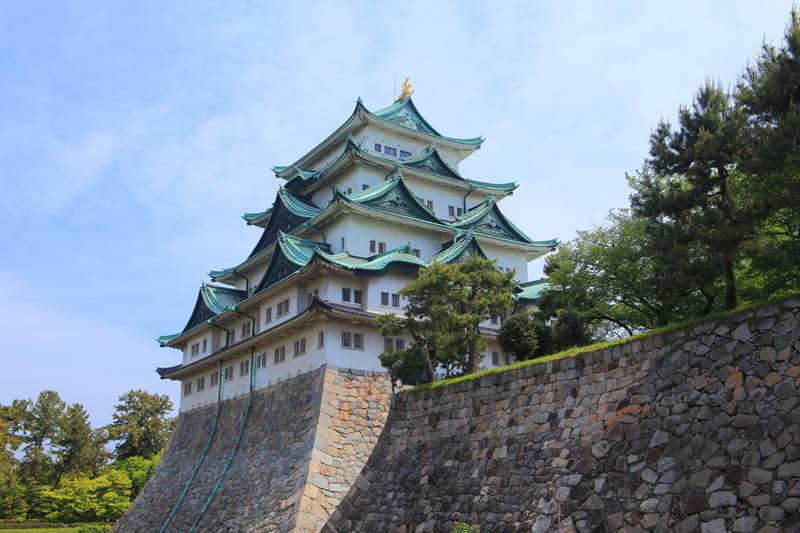This is all about Nagoya Castle Ruins you want to know.
Every information you get on this site will be from a credible source based on Japanese history (books for reference).

Collected by the Inagaki family, the Toba Daimyō from the mid-Edo period to the Meiji Restoration, as materials for military studies. There are about 350 illustrations, but there is no uniformity because only illustrations of castles, illustrations including castle towns, and old battlefield illustrations are mixed.
Another typical example of a castle picture in the Edo period is "The Shōhō Shiroezu", picture of the castle and castle town that the Edo Shogunate ordered the daimyō to create and submit,aggregating military information such as the buildings inside the castle, the height of the stone wall, the width of the moat and the water depth, etc., it also details the location and shape of the castle town and the mountain river.
Profile : Nagoya Castle Ruins
| Location | Nagoya City, Aichi Prefecture |
| Also known as | Kinshachi Castle |
| Type of castle | Flatland |
| Mountain's name | ー |
| Elevation | ー |
| Condition | Reconstructed main keep |
| Designation | National Important Cultural Properties National Special historic Sites National Special Place of Scenic Beauty |
| Year built | 1609 |
| Abolished | 1781 |
| Castle lord | Tokugawa Ieyasu |
| Refurbishment lord | Nagoya Castle Reconstruction Committee |
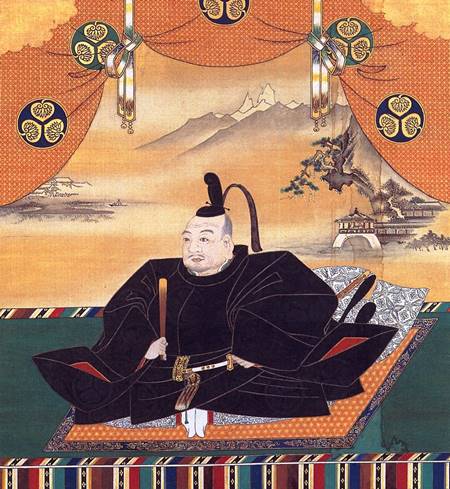
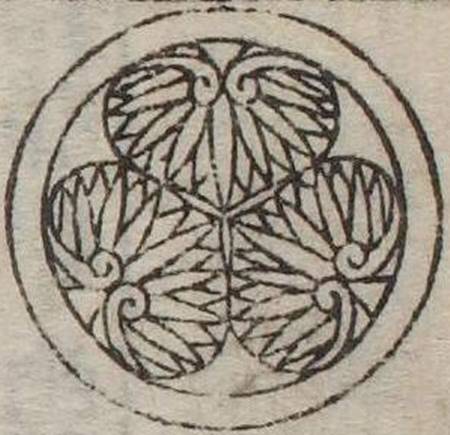
The family crest was originally created from the pattern that the emperor and the royal family put on the kimono, and the pattern was made into a fixed pattern, and the one attached to his own oxcart is said to be the beginning of the family crest. The warlords drew large crests on the flag-fingers, used to distinguish enemy views on the battlefield, and used by the generals to determine which warlords were active and how much.
Nagoya Castle admission
admission fee : 500yen (More than high school students)
admission time : am9-pm4:30
closing period : new year holidays ( December 29-31,January 1) reference official site
Nagoya Castle Google Map
Nagoya Castle Images
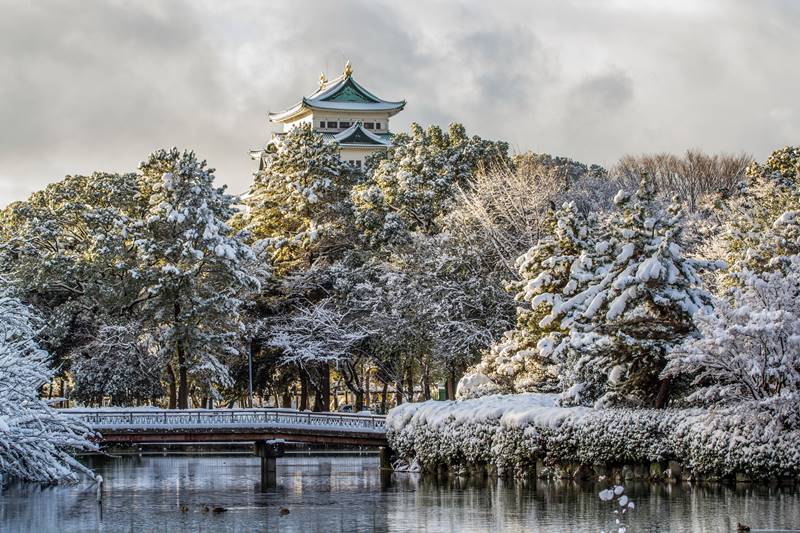
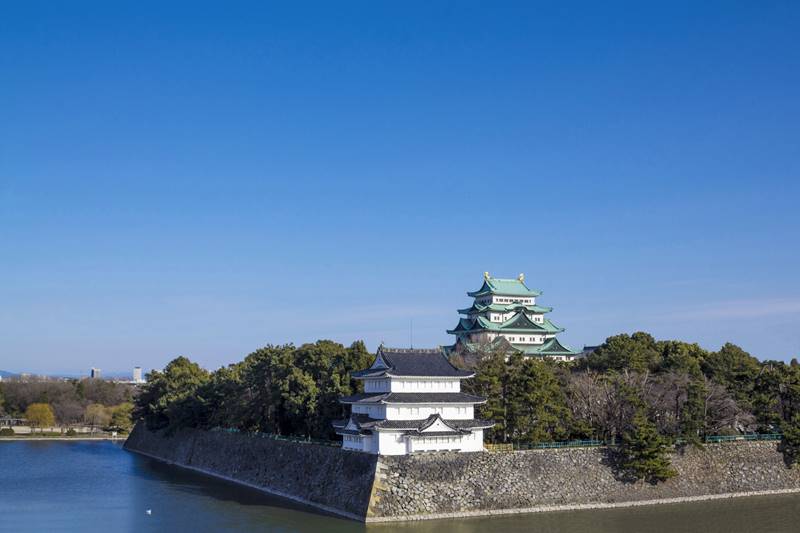
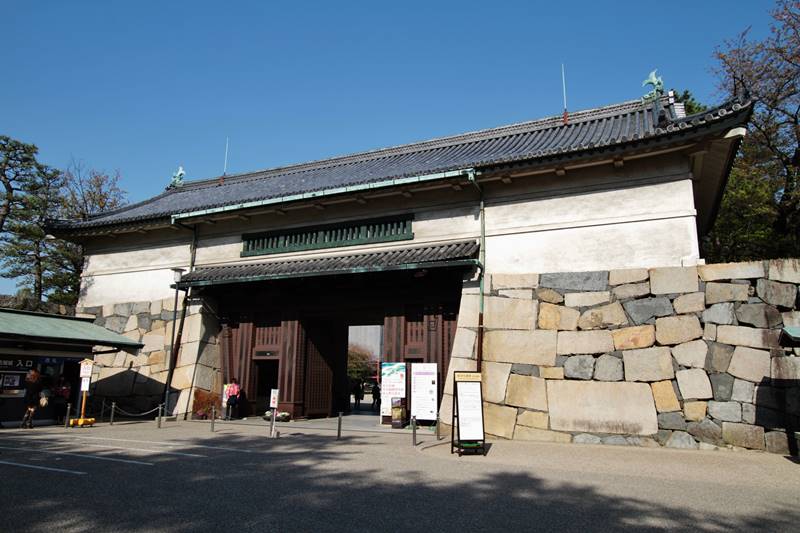
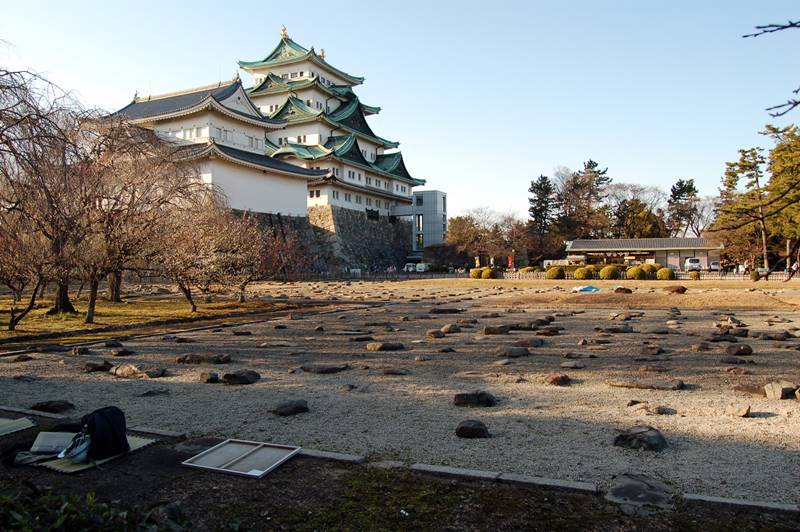
The stone wall supporting the castle tower is 20m high, and various type of beautiful Yagura and Gate in there.
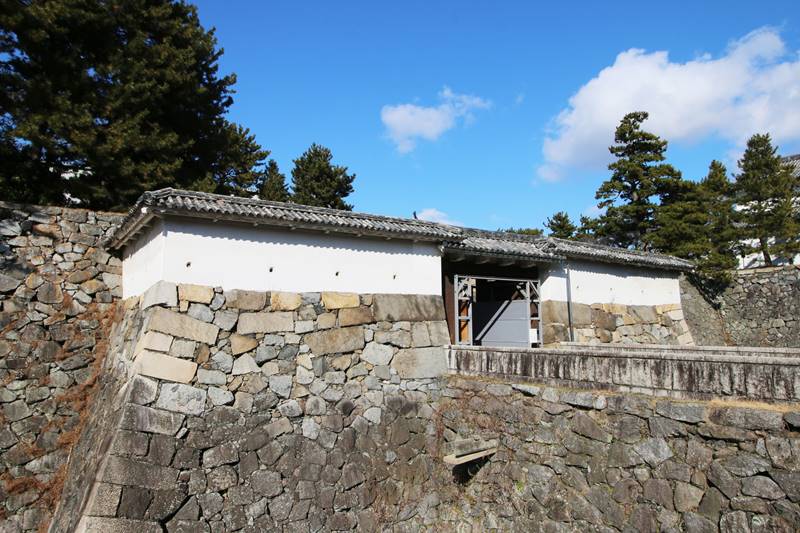

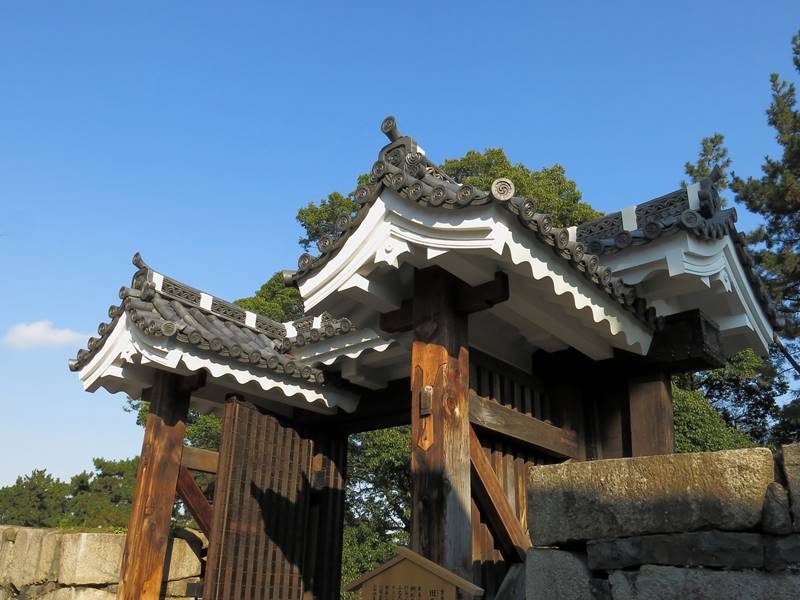
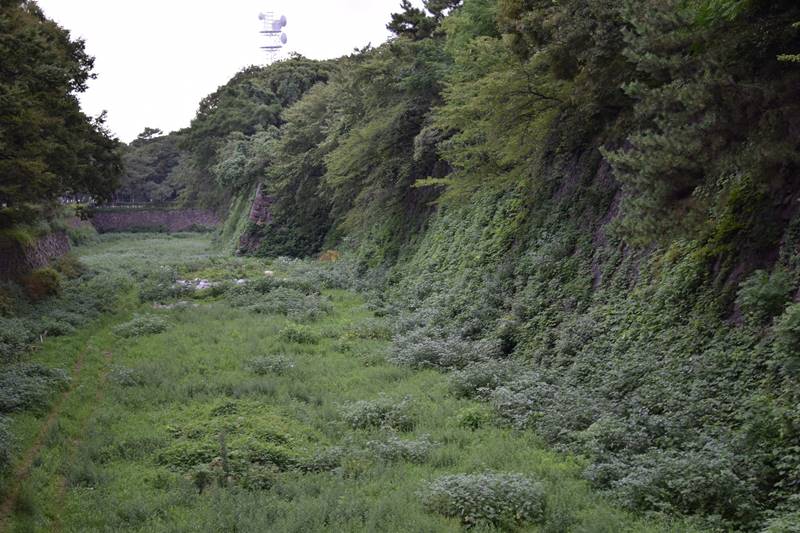
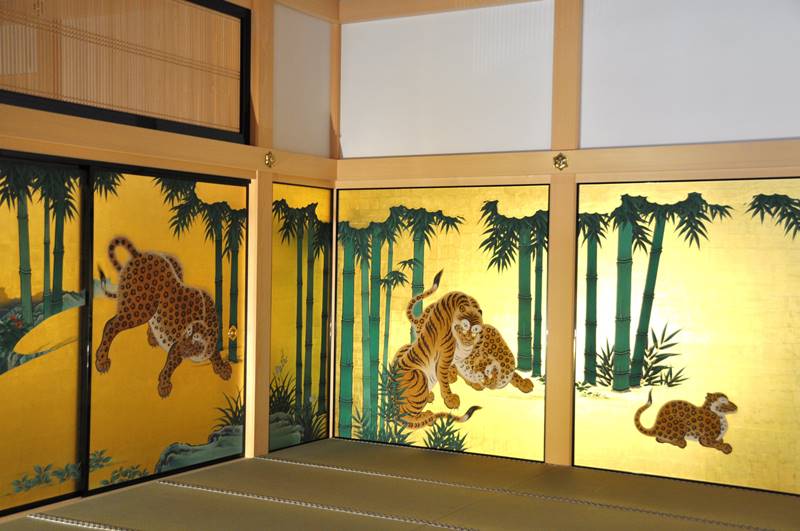
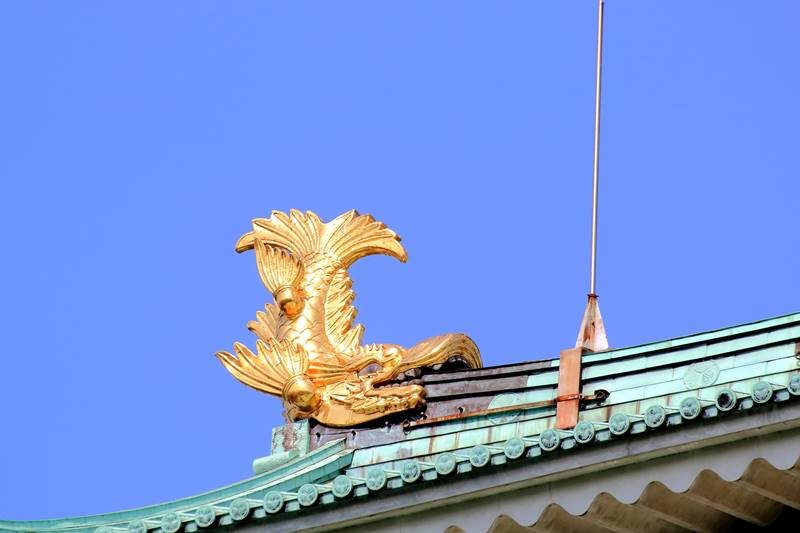
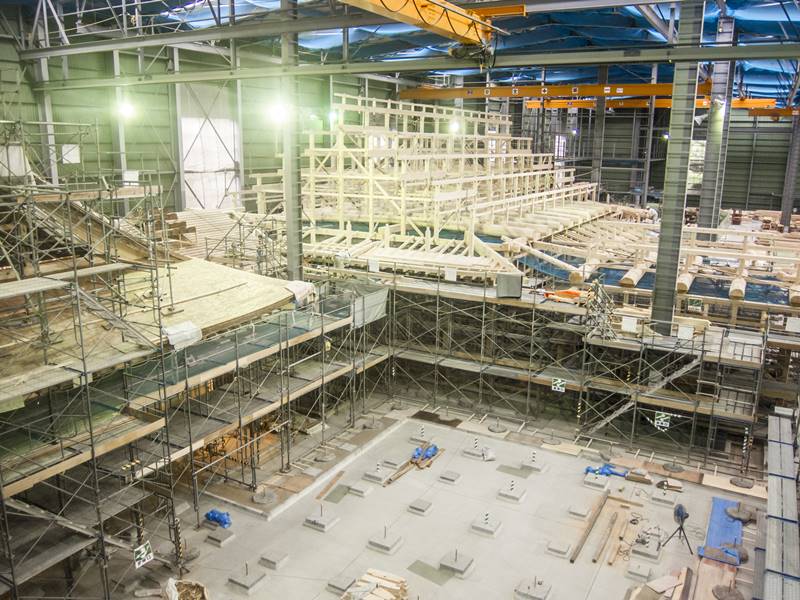
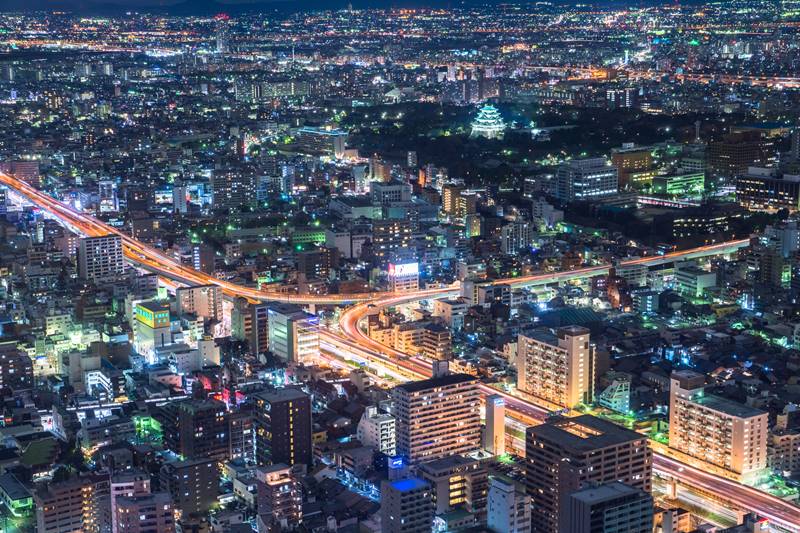
Link-1 : Japanese three most great castle
【west japan】Himeji Castle 【south japan】Kumamoto Castle 【central japan】Nagoya castle
Link-2 : A castle closely related to [block]6[/block]
【east japan】Edo Castle 【central japan】Okazaki Castle 【central japan】Sunpu Castle 【central japan】Kōfu Castle 【central japan】Nagashino Castle 【west japan】Ōsaka Castle 【west japan】Nijō castle 【central japan】 Nagoya Castle
